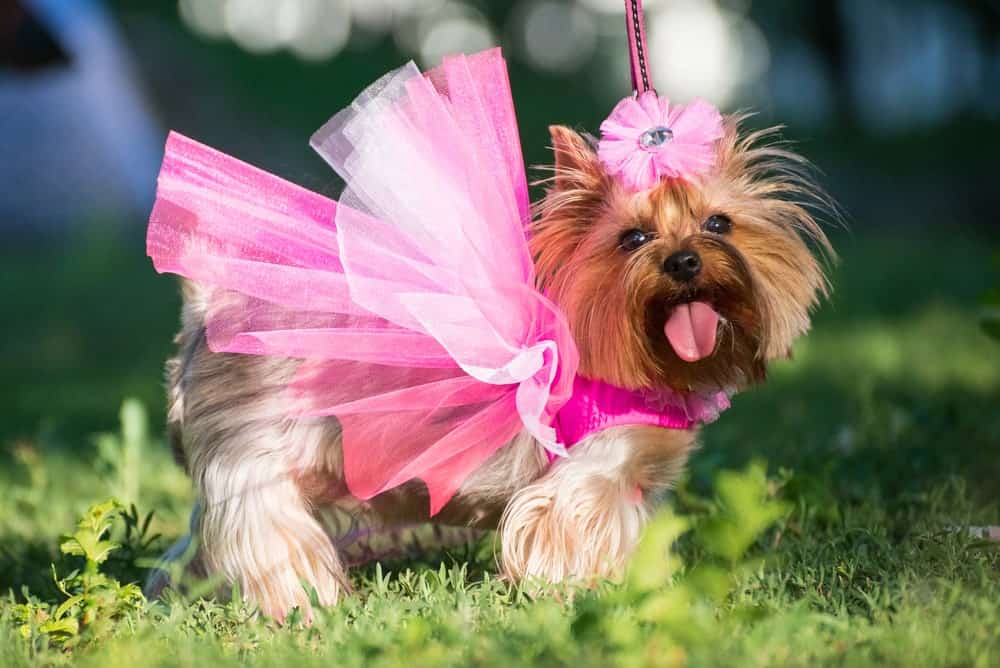Manufacturers of Eco-Friendly Cat Litter Alternatives and Sand Solutions
Exploring Alternative Cat Litter A Guide to Sustainable Options and Manufacturers
The increasing awareness of environmental issues has led to a growing demand for sustainable products across various industries, and the pet care sector is no exception. Cat owners are now seeking alternative cat litter options that are not only effective but also eco-friendly. This article delves into the benefits of alternative cat litters, explores different types available on the market, and highlights some prominent manufacturers leading the way in sustainable practices.
The Need for Alternative Cat Litters
Traditional clay-based litters, primarily made from sodium bentonite, have long been the standard choice for cat owners. However, the extraction and production of clay litter come at a significant environmental cost. Mining for clay can lead to habitat destruction, while the manufacturing process can contribute to carbon emissions. Additionally, many traditional litters are non-biodegradable, resulting in landfills filled with waste that can take years—if not decades—to decompose.
As pet owners become increasingly conscious of their ecological footprint, alternative cat litters offer a compelling solution. These litters are typically made from renewable resources, biodegradable materials, or recycled products, making them a more sustainable option compared to conventional clay litters.
Types of Alternative Cat Litters
1. Biodegradable Corn-Based Litters These litters utilize corn starch as the primary ingredient. They are highly absorbent and clump well, making them an excellent alternative to conventional litters. Corn-based litters are biodegradable and compostable, allowing for easy disposal.
2. Recycled Paper Litters Made from recycled paper products, these litters are soft on a cat's paws and highly absorbent. They are dust-free, which makes them suitable for cats with respiratory issues. While they don’t clump as well as clay litters, they are a great option for environmentally conscious cat owners.
3. Walnut Shell Litters These litters are created from crushed walnut shells and are known for their excellent absorbency and natural odor control. They are also biodegradable and provide a unique eco-friendly option while having a texture that many cats prefer.
4. Coconut Husk Litters Byproducts of coconut processing, coconut husk litters offer a sustainable choice with good absorbency and clumping abilities. They are also effective at neutralizing odors and are fully biodegradable.
alternative cat litter sand manufacturers

5. Grass Seed Litters Grass seed litters are made from natural grass seeds and are another emerging option. They are biodegradable, lightweight, and clump effectively. Additionally, they tend to produce less dust than traditional litters.
Leading Manufacturers of Alternative Cat Litters
Several manufacturers have recognized the demand for alternative cat litter and have committed to producing eco-friendly options
1. World's Best Cat Litter This brand focuses on combining natural ingredients like whole-kernel corn to make a powerful and clumping litter. Their product is both biodegradable and efficient, making it a preferred choice among eco-conscious cat owners.
2. Paw Soft Known for their recycled paper litter, Paw Soft offers a sustainable, dust-free option that is gentle on cats and the environment. Their commitment to using recycled materials helps reduce the overall ecological impact.
3. Ökocat Ökocat produces litter made from reclaimed wood, offering excellent clumping and odor control properties. This brand emphasizes sustainability and environmental stewardship in their production processes.
4. EcoCat This manufacturer uses processed coconut husks to create their litter, focusing on sustainability and biodegradability. EcoCat products are known for their high absorbency and pleasant scent.
5. Tidy Cats (by Purina) While traditionally known for clay-based litters, Tidy Cats has expanded its range to include biodegradable options utilizing plant-based materials, appealing to a broader audience aiming for sustainability.
Conclusion
As the shift towards sustainability continues, alternative cat litter options are making their mark on the pet care industry. With various materials ranging from corn and paper to coconut and walnut, cat owners have an array of choices that meet both their cats' needs and their desire for environmentally friendly products. By choosing alternative cat litters from conscientious manufacturers, pet owners can reduce their environmental impact while keeping their feline friends happy and healthy.







